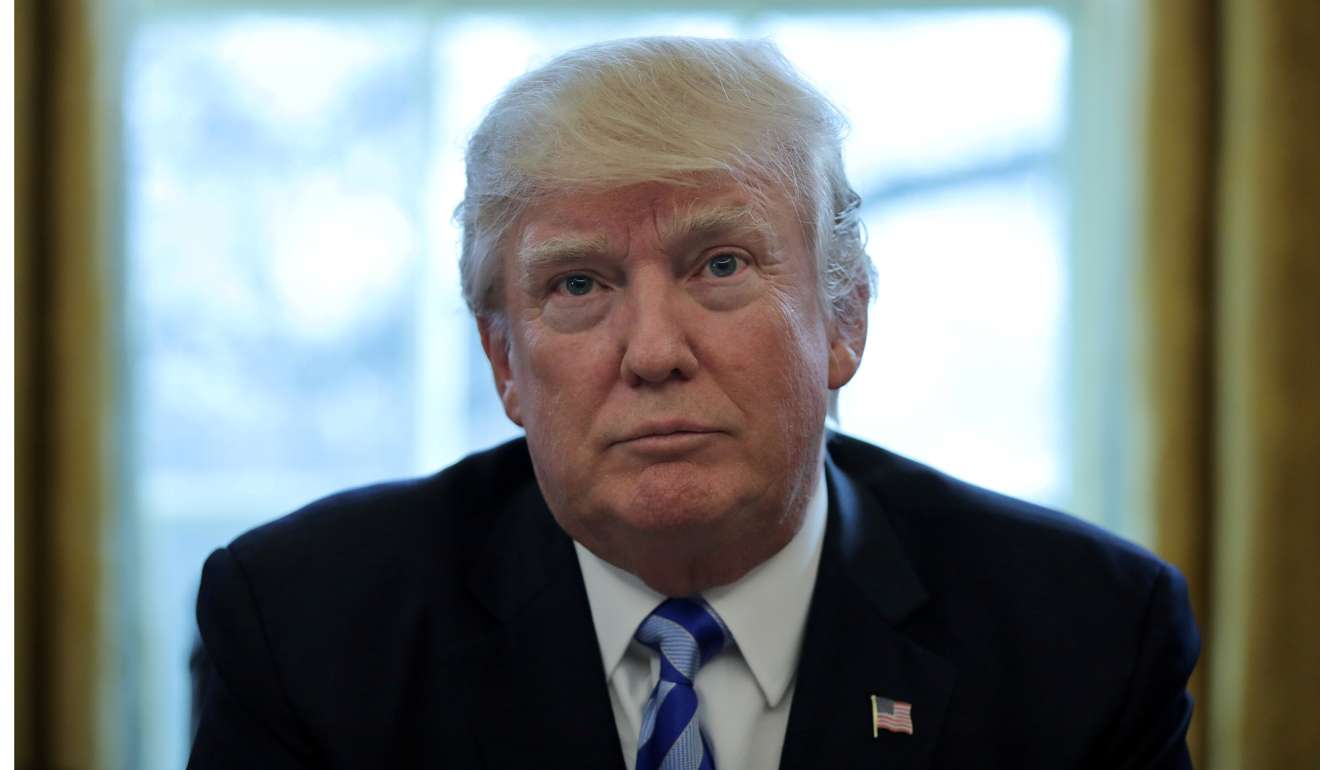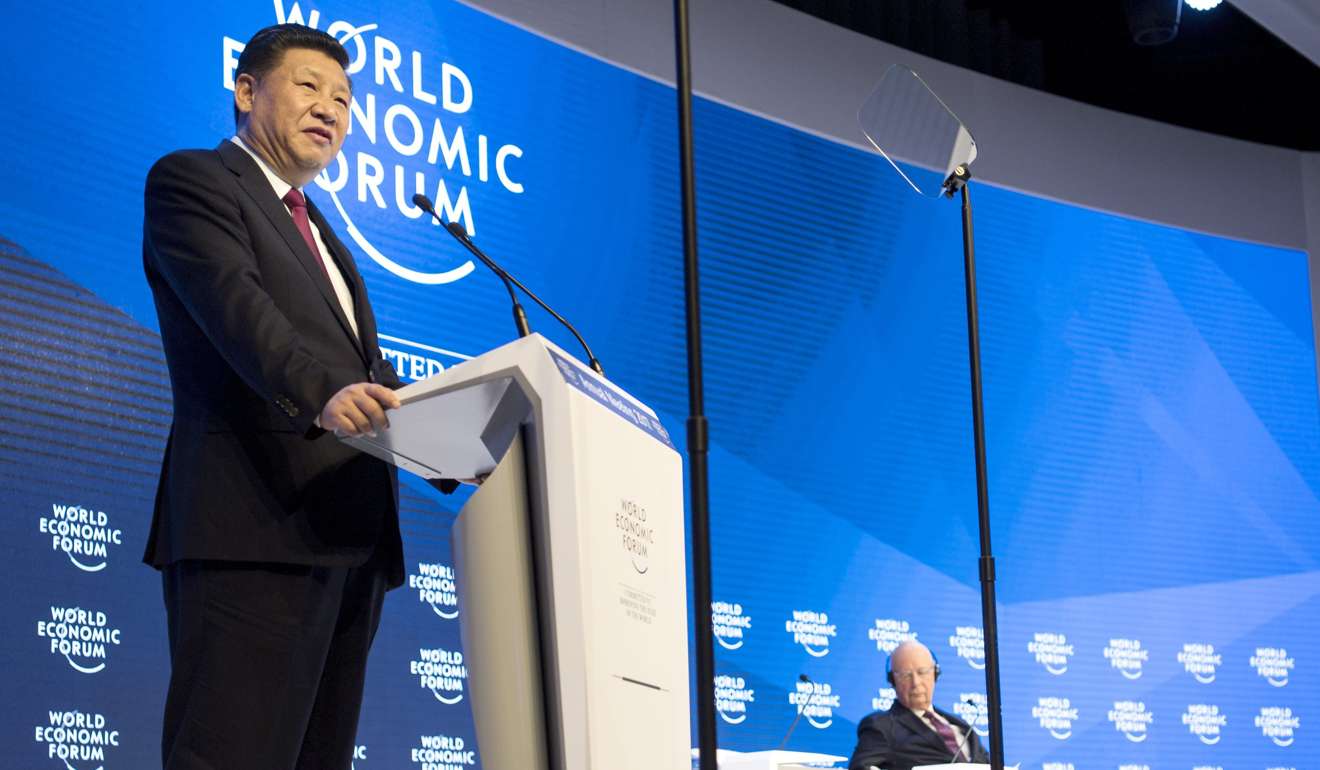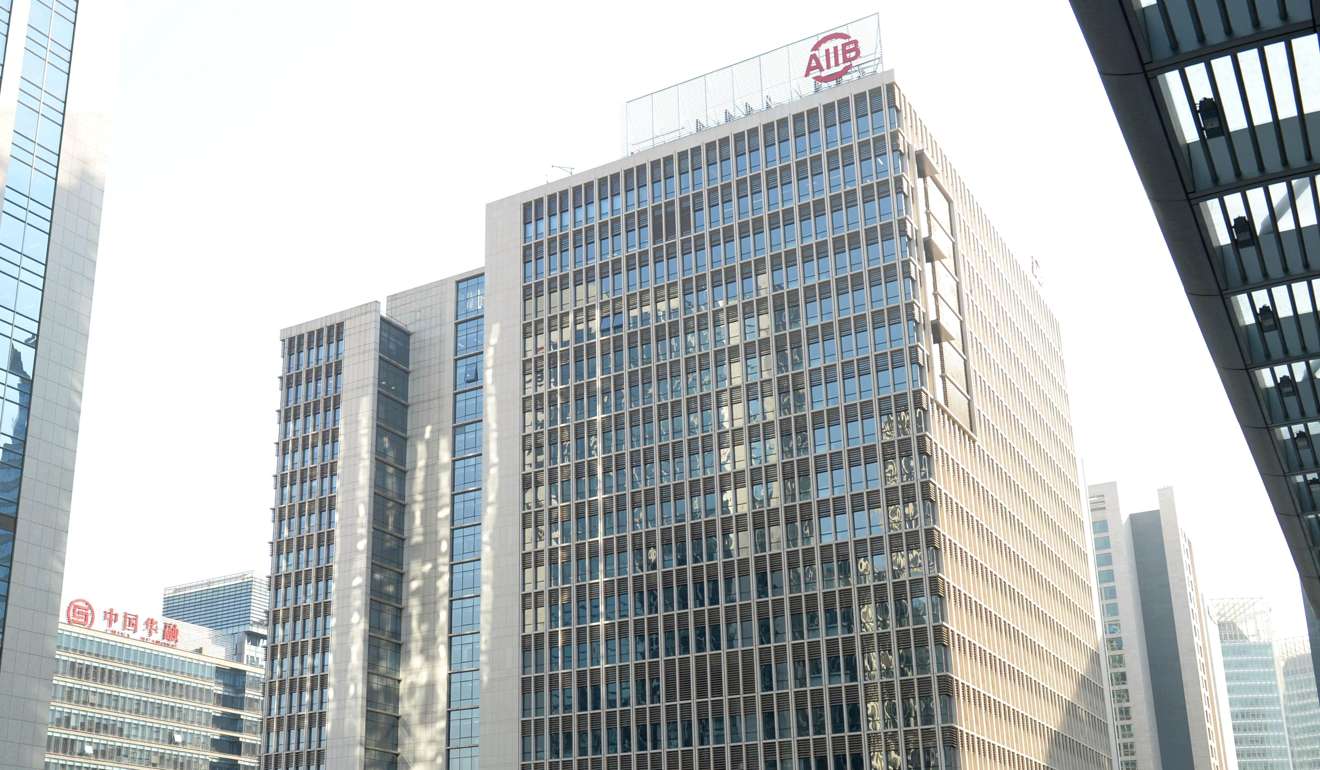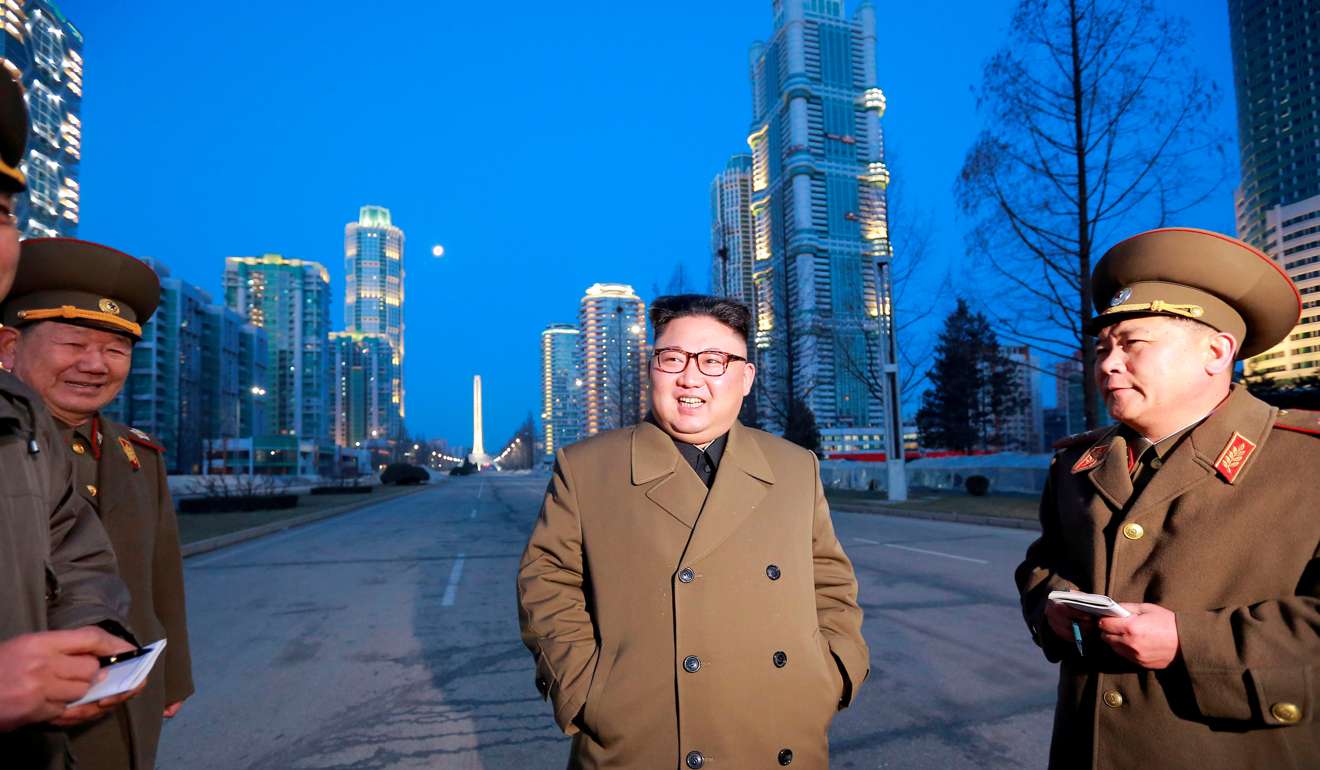
Opinion: Forget the hype about leading the world, China has to get its own house in order
Media reports hyping Beijing as taking the reins of global leadership from Washington should be taken with a pinch of salt
In the coming weeks, two major events will again focus the international spotlight on China as it projects its power on the world stage. Next week, President Xi Jinping (習近平) is expected to hold an informal summit with US President Donald Trump in Florida, the first time the two world leaders will meet face-to-face. In mid-May, Xi will host an international conference on China’s “One Belt, One Road” initiative in Beijing, which is expected to draw more than 1,200 government and business leaders including about 20 heads of states or governments.
Images of Xi meeting Trump over hot issues such as North Korea’s nuclear proliferation or Xi addressing world leaders over a signature initiative of China’s blueprint for globalisation will most likely prompt more discussions about the rise of China’s clout, and of its intention to assume the mantle of global leadership.

Is China interested – and does it have the capacity to lead? Perhaps, an even more interesting question is this: is it willing? Reading both the international and the Chinese state media gives the impression that China is itching for a go at it.
Hardly a day goes by without the international media writing about China’s growing prominence in international diplomacy and economic affairs on issues ranging from trade and investment to multilateral institutions and systems – the catchphrase being “as America retreats, China advances”.
Such reports will not go unnoticed by Chinese state media, which is already in overdrive praising Xi’s leadership skills and bold vision as the “core” of the Chinese leadership, cherry picking the positive comments from the overseas reports to portray an international willingness to welcome China’s global leadership.

Much has been written about Xi’s well-received speech at the World Economic Forum in Davos, Switzerland, where he made a robust defence of globalism and called for inclusive and sustainable development. Afterwards, many overseas media reports praised China for taking the reins of globalisation.
There is little doubt that the two upcoming events will give the Chinese media more ammunition to portray Xi standing tall on the international stage, ready to lead the world out of its current quandary, at a time when Trump has turned his back on globalism and Britain has officially triggered its exit from the European Union.
China’s opening up requires open minds – not a blocked internet
But it would be wise to take the media hype with more than a pinch of salt; Chinese leaders should also be reminded of the saying “the great enemy to leadership is flattery”. Beneath all the fawning lies the stark truth that China is nowhere near ready to assume the mantle of global leadership, let alone aspire to displace the United States and push for a new international order.

It is true that since Xi came to power in late 2012, he has managed to transform governance at home and has tried to take a more assertive and muscular stance on international diplomacy, particularly in relation to disputed territorial claims. With the rise of its economic power, China has pushed for a bigger say at international financial institutions such as the World Bank and the International Monetary Fund, which agreed to include the yuan as one of the five reserve currencies in its Special Drawing Rights basket. It has set up two multilateral lenders, the New Development Bank and the Asian Infrastructure Investment Bank and launched the ambitious belt and road initiative.
Is Xi’s new ‘core’ status a sign of strength, or weakness?
Impressive achievements all, but they should not suggest an intention by China to create a new international order.
First of all, the reason China is pushing for a bigger voice on the international stage is to work within the existing system rather than subvert it, to exert its influence to improve it in a way so that its interests can be better heard and served. Xi’s Davos speech should be read in this context. He and other Chinese leaders are all too aware of their country’s own limitations and weaknesses to talk about leading the world.
Secondly, the hype about China leading the world will no doubt heighten geopolitical worries and concerns in Asia and other regions. For instance, there have been concerns that China’s Maritime Silk Road initiative will help Beijing project its naval power abroad, and that smaller countries in Asia will be forced to choose sides between China or the US.

Thirdly, many Chinese officials have gotten carried away by the constant talk of China’s rising international status, believing that they no longer need to learn new ideas and approaches from the outside world. Such erroneous thinking can be very counterproductive at a time when China’s reforms are at an impasse and its efforts to become an innovation-driven country requires more openness.
Even more importantly, China very much needs to focus on putting its own house in order, which should be the first and foremost priority. Despite the remarkable achievements, China is still undergoing a painful transition to being a full market economy and has a hard job of rebalancing its economy by reducing its reliance on investment and increasing consumption.
When Xi meets Trump: why the casual approach in Mar-a-Lago could pay dividends
But as the economy slows, the Chinese government will have to contend with risks of social instability. China’s economy may be the second largest in the world, but it still has to lift tens of millions of people out of poverty; its immediate goal is to enable the country to become a “moderately prosperous society” by 2020. With all those tasks at hand, it can hardly afford to compete with the US for global leadership. Yes, China has every reason to push for globalisation – it has been one of its biggest benefactors – but it should be wary of talk that it is ready to take the reins of global leadership. ■
Wang Xiangwei is the former editor-in-chief of the South China Morning Post. He is now based in Beijing as editorial adviser to the paper

